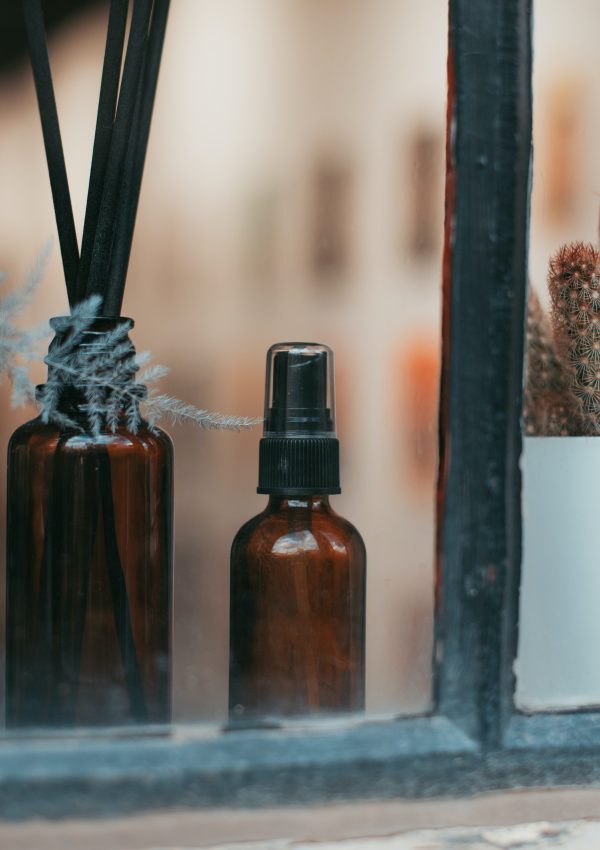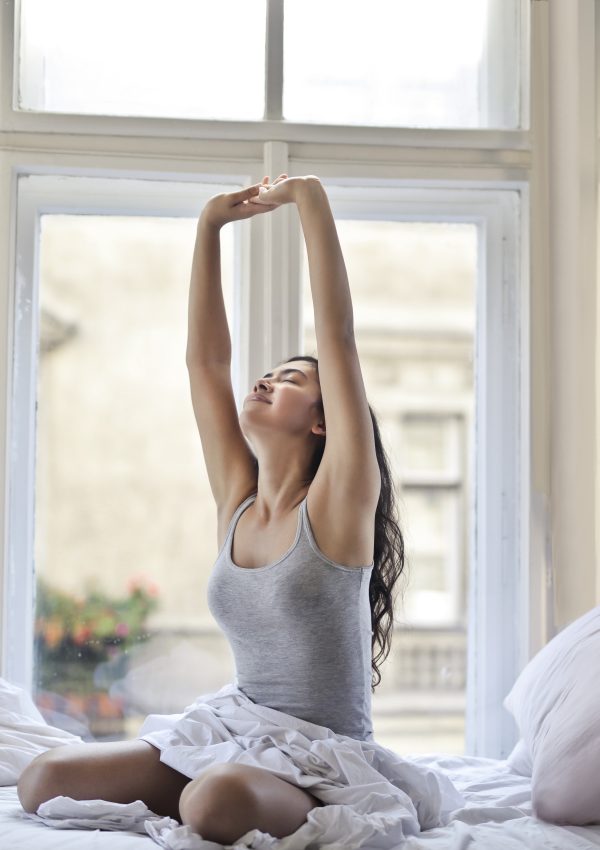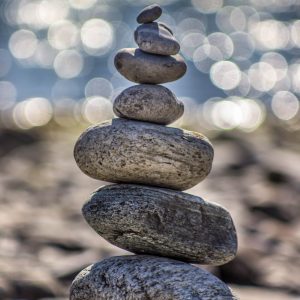What to do when you’re sleep just isn’t enough.
One of the most common questions that I get asked is “What can I take to have better sleep?”
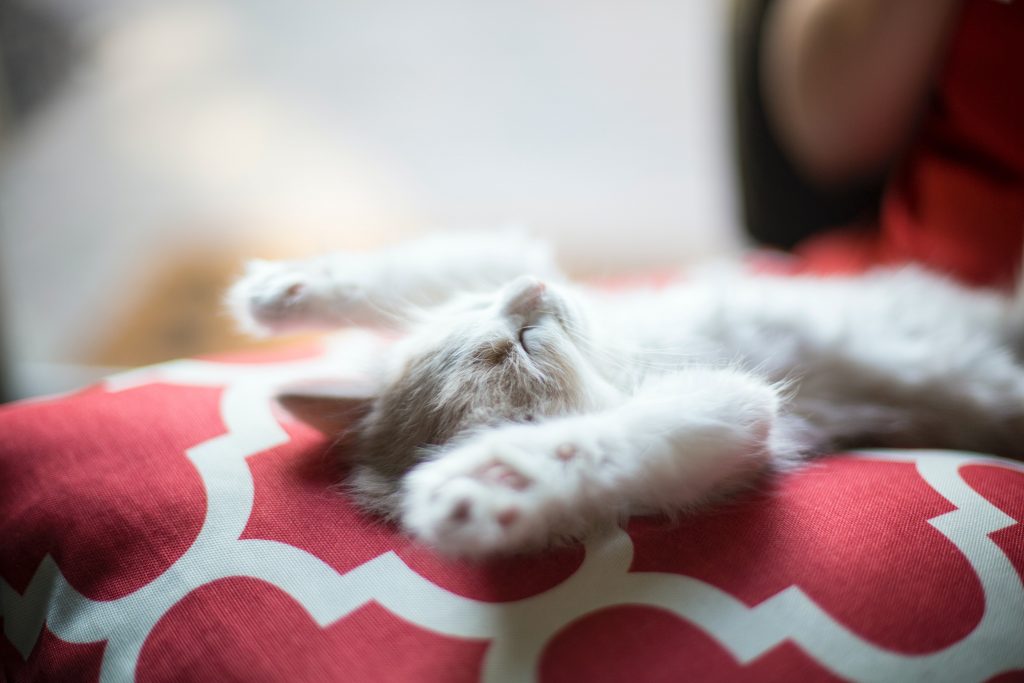
I’m going to tell you straight up, don’t focus on what to take to have better sleep. Focus on what to do, or not do, first.
There are multiple factors that influence our sleep, and here are some important points: circadian rhythm, external environment, timing of dietary intake and exercise, stress, and light. Most of these overlap in some ways, but I will focus on them point by point to help bring better clarity for you.
What is the circadian rhythm?
That’s a big question! Simply put, it is an internal biological clock that your body has, which regulates your sleep-wake cycle. This “clock” is found in the hypothalamus of the brain and in various tissues and organs of the body. Through the signalling of hormones such as melatonin, cortisol, thyroid stimulating hormone, these signals become stronger or weaker based on influences from our internal and external environments, such as exposure to light.
Some hormones like leptin (often known as the “satiety hormone” in the experience of fullness after eating) helps to regulate thyroid hormones and thermogenesis via the hypothalamus, particularly at night. What this means is that if we don’t get good sleep, our body’s ability to use and create energy (metabolism) becomes impaired. We feel more fatigued, sluggish and possibly experience poorer functions (Eg. slower digestion, weaker ability to filter and get rid of waste products and toxins, etc). Poor or interrupted sleep can thus also adversely impact our ability to regulate body temperature, hunger and heart rate, and down the road impact aging processes.
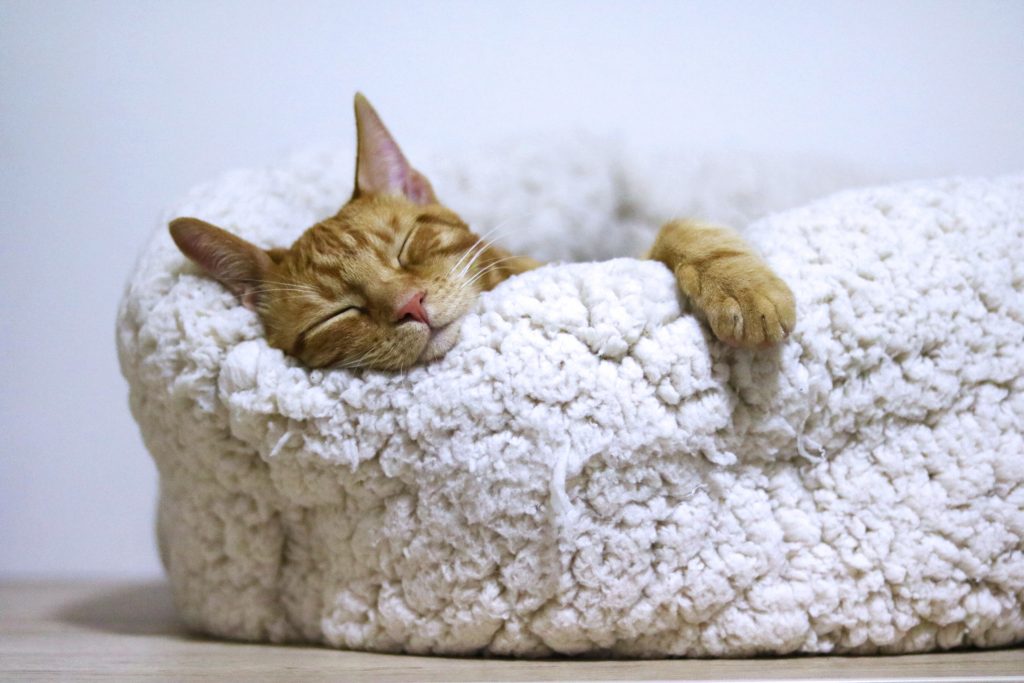
Neurotransmitters and neuromodulators also play a role, adenosine being well-known for its role in sleep by accumulating over the course of a day to induce that “sleepy” feeling, and decreasing once you fall sleep. Then you’ve got cortisol, a steroidal hormone released from the adrenal glands in the presence of light (and stressors) to wake you up, and melatonin which will build and be released in the presence of darkness (or night time).
These are not the only factors that play a role in our biological clocks, but they are important ones. The point of learning some of these components is to then figure out how to draw benefit from this information. So with this intent I’ll move on to the next points…
Let there be light!
It’s probably a no-brainer that we tend to feel more awake in the daytime, and more sleepy at night, and in those cold, dark winter months we experience more fatigue and the desire to sleep more. Light plays a critical role in your sleep-wake cycle. It turns out that there are light receptor cells, called photoreceptors, in your eyes which then send signals to your hypothalamus and other peripheral tissues. I guess we really are beings of light!
What does this mean in you day to day life, though? Well, if you’re having difficulty sleeping one of the first things to consider is not only the consistency of your sleep routine (going to bed and waking up around the same time every day), but also to consider the sources of light you are receiving and when.
With all of our many electronic devices emitting so much bright light (whether blue or orange), as well as receiving artificial light from lightbulbs, street lamps and so forth, it’s a no brainer that our bodies are getting a ton of light signals. In this modern age this is largely unavoidable, but that doesn’t mean that you cannot make some adjustments to help benefit your sleep.
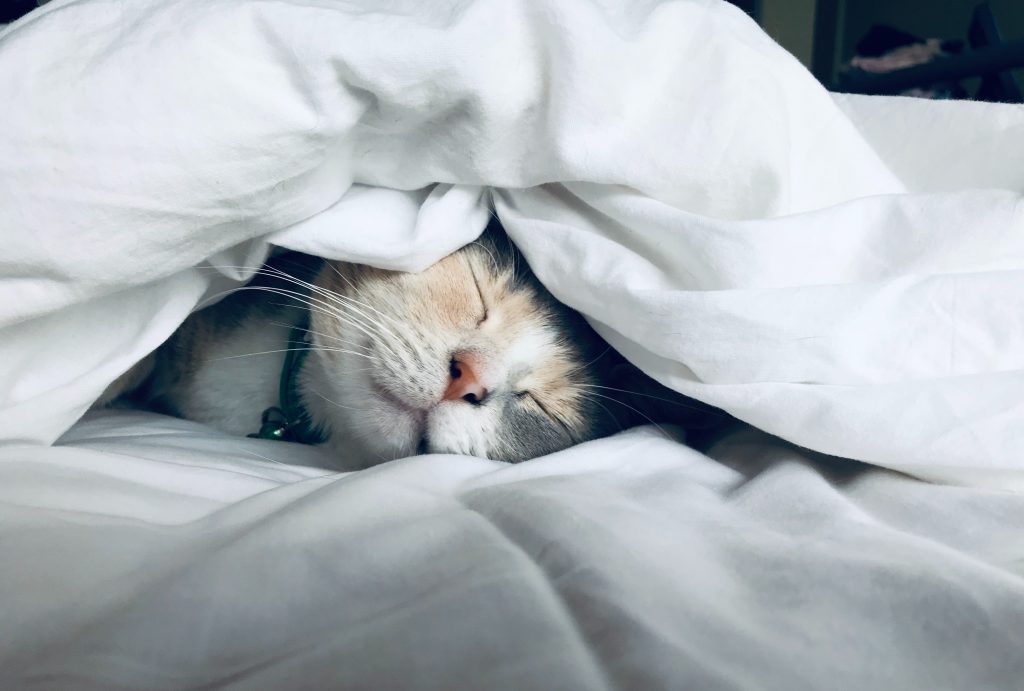
First, consider that daytime light is very bright, blue and critical for our circadian rhythms. However, waking up to sunlight is going to have a hugely beneficial effect on the body and photoreceptors than the light from your cellphone. As often as possible, spend a few minutes outside each morning as soon as you wake up to catch some of that rising sun (without looking directly at the sun or hurting your eyes, obviously).
If you have blue-blocking glasses, take them off for a moment as you stay in place, to let the sunlight catch your eyes’ photoreceptors. This can take just 2-10 minutes, even on a cloudy day. That’s not even the time it takes to finish your cup of coffee.
In the evening, consider using dimming the light in your environment. Use dimmers, candles (be safe!), lights low to the ground instead of ceiling lights, or orange light bulbs for orange light instead of blue light, etc. If you will look at a screen, adjust the settings on your phone and computer to emit orange light (Eg. Flux is a great, free tool to download onto your devices), or try blue-blocking glasses.
However, even with all of these fancy techno-gizmos, the photoreceptors in your eyes will still pick up light and activate certain hormones like cortisol in response, which could be preventing you from falling into a deep slumber. This is why I stand by my recommendation to shut off all bright lights and electronics about 2 hours before going to sleep. And take a look around your room one evening, in the dark. Are there any lights that you could cover up, from electronics or maybe the windows? I for one love my blackout curtains to keep my room dark and soften outside noise.
Eat well, move well, be well.
There isn’t a whole lot of concrete evidence around a best-bet diet when it comes to sleep. That said, there are some general tips that can help, regardless of the type of diet that you eat. For one, can we all agree that sources of caffeine like coffee and chocolate maybe aren’t the best right before bed? Caffeine and caffeine-like substances that stimulate the adrenals tend to have a long half-life (how long they stick around in the body before being eliminated) of about 8 hours. So unless you’re the odd 2 percent of the population undeterred by caffeine, pay attention to what you can tolerate (if at all) in your day, without impacting your sleep.

Other typical stimulants are sugars, sweeteners and alcohol. Many people consume alcohol at night to help relax and even to help sleep. Unfortunately, much like cannabis, alcohol may induce sleep but not contribute to restful and deep sleep. It’s a bit of a vicious cycle, but I’ll get to some decent alternatives soon.
As for consuming sweets, this is often due to cravings, fatigue or stress – and all are related. If consuming a fruit in the evening just doesn’t cut it, consider working with a nutrition practitioner or other practitioner to address any underlying issues. Coincidentally, over time poor sleep can contribute to blood sugar disregulation, insulin resistance and increased cravings or hunger.
As a general rule of thumb eating at consistent times every day can improve blood sugar regulation and fasting glucose levels overnight, which will contribute to a more stable sleep. Another method to regular glucose levels overnight is to ensure that your last meal contains quality sources of fats and protein. Examples are nuts, meat, eggs, avocado, unsweetened Greek yoghurt (dairy or nut), and olives. Fibre in your meal also slows the release of sugars into the bloodstream to keep you satiated.
Now let’s get moving! Of course we all know exercise benefits the body in so many ways. In the case of getting a good night’s sleep, the timing and type of exercise can have an impact. Rigorous exercise will increase your heart rate as well as steroid hormones (eg. adrenaline, cortisol) because exercise is a natural and mostly healthy stressor.
Keep in mind that if you enjoy rigorous exercise in the evening, the release of “stress hormones” may prevent you from sleeping optimally, even if you are using exercise to help manage stress. So, consider exercising no later than one or two hours before bed. Otherwise, have your exercise be followed by a softer form of movement and relaxation such as yoga, deep breathing, meditation, or reading a book. And make sure that your blood sugar levels are level afterwards, so as not to have a glycemic drop overnight which could wake you.
If you are not in the habit of exercising but experience stress or anxiety especially in the evening, consider going for a walk outside, doing some yoga or even some at-home exercises to help relieve this experience. As we know, restless thinking, anxiety and the experience of stress can also keep you from sleeping well, in part due to the stress hormones that are released and keeping you alert.
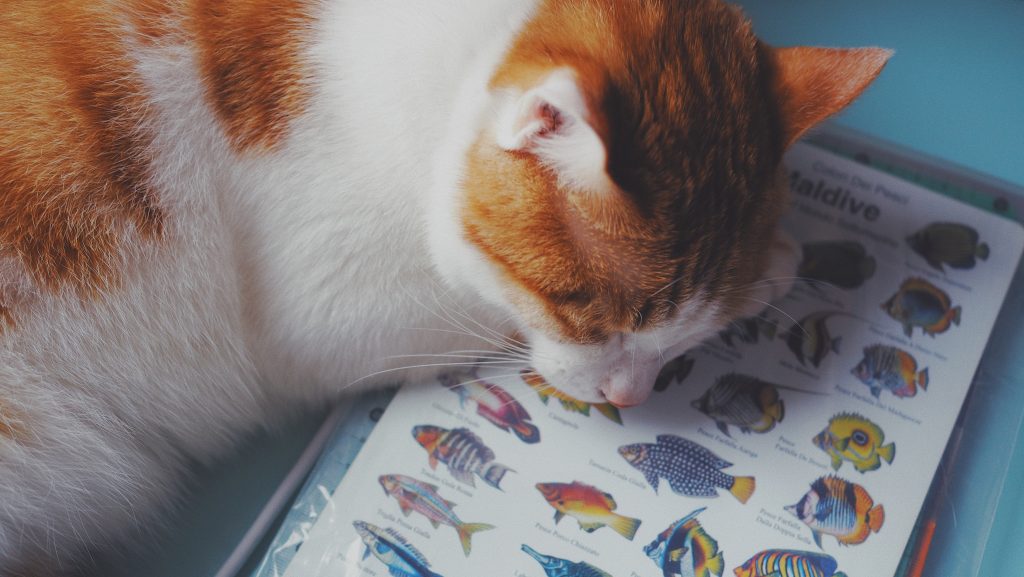
All this to say…
I sincerely hope that these tips will help you to sleep better! Try these first before resorting to other things like supplements, as the above tips hit at some of the most common root causes for poor sleep.
All in all, keep in mind that good sleep requires routine and consistency for optimal physiological regulation (of our sleep-wake cycle). It requires adequate hormone balance and blood sugar balance. Movement and a healthy diet are essential alongside other means to help to reduce day to day stress and promote good health. And don’t forget to follow that beautiful sun.
Sleep well, my Spoonie friends!
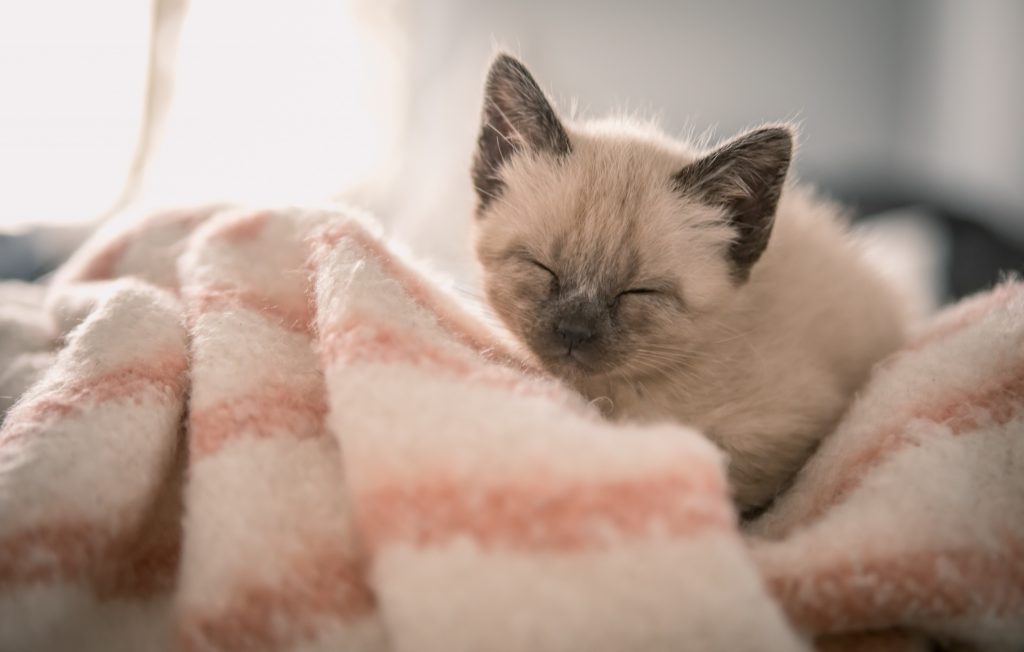
References
University of Virginia. “Light Receptors In Eye Play Key Role In Setting Biological Clock, Study Shows.” ScienceDaily. ScienceDaily, 18 August 2008. <www.sciencedaily.com/releases/2008/08/080815140250.htm>.
Paul, Ketema N et al. “The role of retinal photoreceptors in the regulation of circadian rhythms.” Reviews in endocrine & metabolic disorders vol. 10,4 (2009): 271-8. doi:10.1007/s11154-009-9120-x
Serin Y, Acar Tek N: Effect of Circadian Rhythm on Metabolic Processes and the Regulation of Energy Balance. Ann Nutr Metab 2019;74:322-330. doi: 10.1159/000500071
Some products you might like
Some of these products may be sponsored links via Amazon or other affiliated businesses. For more information, please visit my Privacy & Disclosure page.







